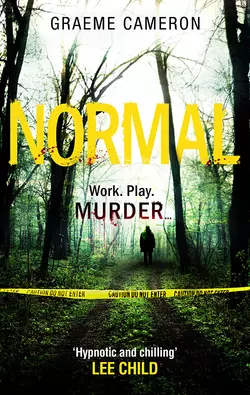Normal: The Most Original Thriller Of The Year

Graeme Cameron
Тип: электронная книга
Жанр: Современная зарубежная литература
Язык: на английском языке
Стоимость: 467.61 ₽
Статус: В продаже
Издательство: HarperCollins
Дата публикации: 16.04.2024
Отзывы: Пока нет Добавить отзыв
О книге: Hypnotic and chilling – you won′t forget this in a hurry. – Lee Child NOMINATED FOR THE STRAND CRITICS AWARD FOR BEST FIRST NOVEL OF 2015He lives on your street, in a nice house with a tidy garden. He shops at your local supermarket. He drives beside you, waving to let you into the lane ahead of him. He’s the perfect neighbour. But he also has an elaborate cage in a secret basement under his garage.And he thinks it’s perfectly normal to kidnap young women and keep them captive.This is how it’s been for a long time. It’s normal…and it works. Perfectly.But this time it’s differentPraise for Normal′Creepy yet genuinely funny, I didn′t like NORMAL, I loved it.′– Michael Robotham